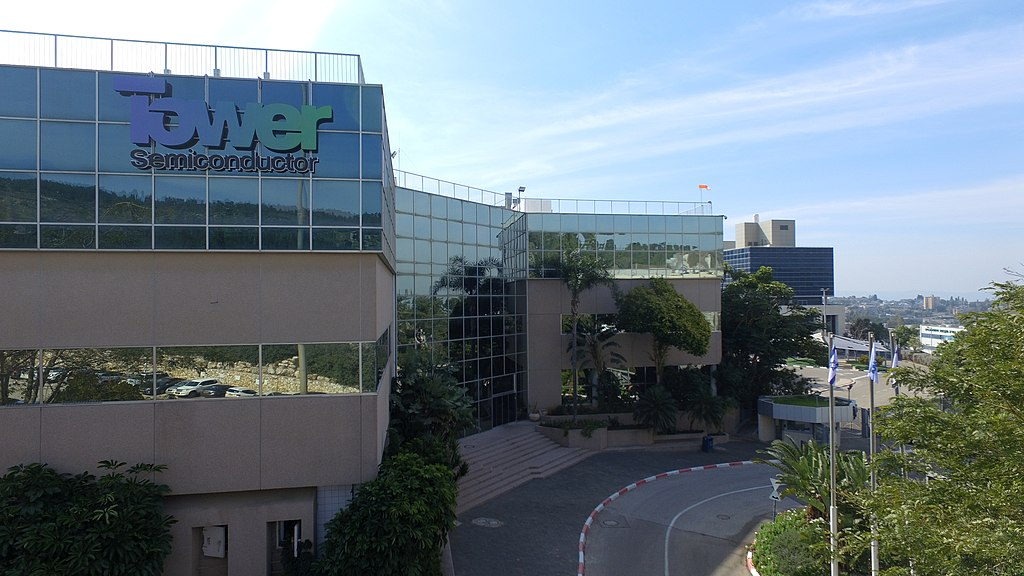 INFRA
INFRA
 INFRA
INFRA
 INFRA
INFRA
Intel Corp. today scrapped its plan to acquire specialty chipmaker Tower Semiconductor Ltd. for $5.4 billion.
Under the terms of the acquisition, which the companies announced last February, Intel had until Tuesday midnight PDT to close the transaction. It reportedly missed the deadline after failing to secure regulatory approval in China. In connection with the deal’s cancellation, Intel will pay a $353 million termination fee to Tower.
The development didn’t take investors entirely by surprise. Shares of Tower closed at $33.78 on Tuesday, well below the $53 per share at which Intel’s acquisition offer valued the company. This price discrepancy indicates that investors weren’t particularly confident the $53-per-share windfall would materialize.
When Intel announced its plans to buy Tower early last year, it estimated the deal would close within 12 months. Later that year, the company pushed back the deadline to the first quarter of 2023. The move was followed by several delays before the transaction was ultimately scrapped.
Israel-based Tower launched in 1993 with one fab previously operated by National Semiconductor Inc., an early chip manufacturer. Today, the company has five fabs, two in the U.S, two in Israel and one in Italy. It also operates a pair of chip plants in Japan through a joint venture with a local company.
Tower doesn’t make processors, but rather offers a collection of specialized chips geared toward relatively narrow tasks. Some of its products are optimized for power management, or the task of distributing electricity to a device’s various subsystems. Other Tower chips are used to build camera sensors and equip connected devices with wireless networking features.
Not all the chips Tower makes are based on silicon. A portion of the wireless networking products the company produces are based on silicon-germanium, an alloy that has been used in semiconductor manufacturing since the late 1980s. The alloy makes it possible to produce wireless networking chips more cost-effectively than would otherwise be possible.
Intel’s attempt to acquire Tower was part of a broader effort by the company to expand its chip manufacturing capacity. Intel refers to that initiative as its IDM 2.0 strategy. Although the deal fell through, other key components of the effort are proceeding as planned.
“Our foundry efforts are critical to unlocking the full potential of IDM 2.0, and we continue to drive forward on all facets of our strategy,” said Intel Chief Executive Officer Pat Gelsinger.
A few weeks ago, Intel announced plans to build two state-of-the-art fabs in Germany at a cost of more than €30 billion. The company detailed the initiative days after committing $25 billion to a new chip plant in Israel. Separately, Intel is building fabs in Arizona and Ohio as part of an investment plan it announced last year.
Support our mission to keep content open and free by engaging with theCUBE community. Join theCUBE’s Alumni Trust Network, where technology leaders connect, share intelligence and create opportunities.
Founded by tech visionaries John Furrier and Dave Vellante, SiliconANGLE Media has built a dynamic ecosystem of industry-leading digital media brands that reach 15+ million elite tech professionals. Our new proprietary theCUBE AI Video Cloud is breaking ground in audience interaction, leveraging theCUBEai.com neural network to help technology companies make data-driven decisions and stay at the forefront of industry conversations.